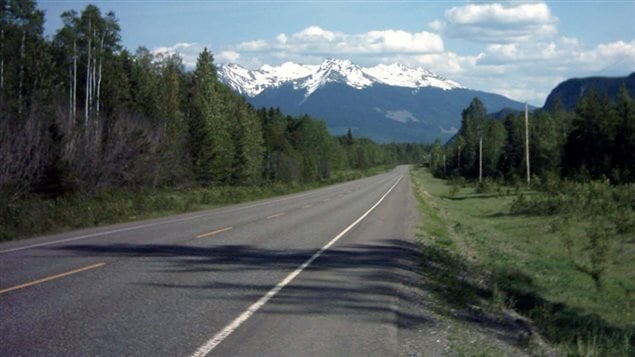Missing and murdered indigenous women and girls are now the subject of a national formal inquiry, after years of demands by the hundreds of families who’ve waited, in some cases, decades for justice.
“Imagine if it was your daughter! Imagine if it was your sister!”
Known now by the acronym, MMIW, the inquiry into the details and reality of the treatment of aboriginal women and girls, will take place from September 1st, 2016 to December 31, 2018. The inquiry will be led by Marion Buller, the first female aboriginal judge in British Columbia.
The other commissioners are:
- Michèle Audette, leading women’s First Nations advocate, Innu francophone and former president of the Native Women’s Association of Canada.
- Qajaq Robinson, Ottawa-based lawyer specializing in Aboriginal issues and land and treaty claims, born in Nunavut.
- Marilyn Poitras, constitutional and Aboriginal law expert at the University of Saskatchewan.
- Brian Eyolfson, First Nations and human rights lawyer, former vice-chair of the Human Rights Tribunal of Ontario.
At the announcement today, Buller noted the “difficult” job ahead, and she said the commissioners will be guided by those who have suffered from violence.
“That people could overlook thousands of missing and murdered Indian women and it wasn’t a national crisis until just recently”
Reaction has been mixed. Dawn Lavell-Harvard, president of the Native Women’s Association of Canada questioned the opportunity for families to pursue or reopen cases,where they don’t accept the conclusions, cases that were deemed suicides for example. She said the families want justice not support.
In Canada it is a tragic fact that aboriginal women are six times more likely, to be victims of homicide than non-aboriginal women. The reasons are varied, but include the inter-generational trauma of Canada’s residential school system, ongoing systemic oppression, institutional racism, substance abuse, family violence, poverty, and a lack of resources on reserves,
For Mary Teegee, the Director of Child & Family Services at Carrier Sekani Family Services in Prince George, British Columbia, it comes down to two questions:
ListenMary Teegee said it is a good day because “finally the nation has validated that there is an issue in the country of Canada” and that it is “finally an acknowledgement that indigenous lives of girls and women matter”. She says it comes down to two questions: “How did we get here? and Why did Canada allow it to happen for so many years with so little action?”
“That people could overlook thousands of missing and murdered Indian women and it wasn’t a national crisis until just recently” is mark of systemic racism Teegee said.
She ended her comments with the admonition that people listening “Imagine if it was your daughter? Imagine if it was your sister? Imagine if it was your mother?” She said. “Would you not do anything to make sure there were answers?”
The call for an inquiry was dismissed by the former conservative Harper government. A campaign promise during last year’s federal election campaign, now Liberal Prime Minister Justin Trudeau announced the formation of an inquiry in December, shortly after coming to power in October 2015.
The official number of missing or murdered indigenous women is 1200, but the Minister of the Status of Women, Patricia Hajdu acknowledged it could be over 4,000 over the decades.







For reasons beyond our control, and for an undetermined period of time, our comment section is now closed. However, our social networks remain open to your contributions.